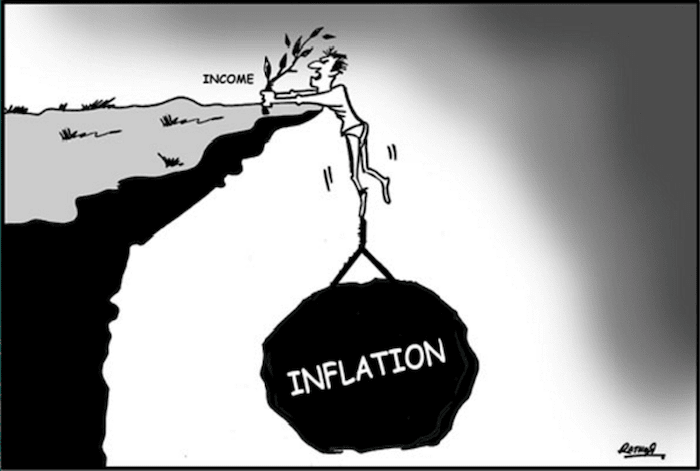Presented, as published, the apology of the Klueless Kliman Kompatriots in defense of their hapless, hopeless strategy of support for ‘Jim-Crow’ Joe Biden in the 2020 presidential election, further evidence that post-war Marxists just don’t get it:
Example 3 of bad practice
There are also attacks on MHI that cannot even be treated as criticism of ideas; they come from people engaging in trolling. A lot of these attacks are directed at Andrew Kliman, MHI’s most high-profile theoretician. In a blog called “The Real Movement” by someone who goes by the name Jehu, there was a picture of Kliman with the caption “Will somebody out there tell Kliman to get off his knees and stop servicing “Jim-Crow” Joe. It’s embarrassing now.” The hyperlink within the caption was to an article, carried in With Sober Senses. It consisted of contributions from three people who normally don’t bother to vote but who cast their ballot for Joe Biden in 2020 with the express wish to get Trump out. The article was not pulled together by Kliman; the views of the contributors were those of those individuals, none of whom is Kliman; Kliman is not the editor of With Sober Senses; and he did not commission these pieces.
The effort to portray everything from MHI as something that comes from Kliman personally ignores the fact that we are an organisation, not just an individual, with a set of principles and by-laws that govern our functioning. It is an ad hominem attack on Kliman and––by misattributing a piece not written by him, but carried in With Sober Senses––it is the dismissal of MHI as an organisation. The misattribution by Jehu is also an example of the false cause logical fallacy, because it assumes that everything done by MHI comes from Kliman, who in fact had nothing to do with that article. In addition to insulting those of us in MHI who are assumed to be the puppets or mouthpieces of Kliman, Jehu’s attack is also objectionable because of his homophobic use of the words “servicing” and “on your knees”.
While it is true that Biden voted against the bussing of Black kids to predominantly white schools as a means to break down school segregation, at a time when the efficacy of bussing was widely questioned amongst liberals, to slur him with the term “Jim Crow” Joe is wholly misleading. Jim Crow was the system of local and state laws that allowed the discrimination against Black people after the Supreme Court ruled in 1883 that the Civil Rights Act of 1875 was unconstitutional. Jim Crow was officially ended with the passage of the Civil Rights Act of 1964. Joe Biden did not enter politics until he was elected to the US Senate in 1972. He never voted or campaigned for discriminatory laws or practices against Black people. Biden’s record on issues of racial justice, while questionable, does not merit the epithet “Jim Crow” Joe.
This distortion of Biden’s record, by Jehu, is particularly troubling given that Biden was the only presidential candidate able to electorally stop the proto-fascist Trump (who has actually repeatedly defended the cultural legacy of the Confederacy) from winning a second term.
Really? Do you think I give a flying fuck that you support this or that bourgeois politician? Do you think my censure would have been less severe had you supported, for instance, Bernie Sanders or even Donald Trump? Do you think it matters to me that you enlist equally clueless proletarians to parrot you nonsense, rather than Kliman himself?
Elections today amount to little more than a formal democratic contest between which gang of slavemasters will conquer and wield the machinery of the fascist state for the next four years.
You brain-dead clowns!
Your endorsement of this war criminal and segregationist didn’t even amount to the most trivial, negligible rounding error in the column of the mass of apathetic non-voters, who rightly reject participation in this quadrennial farce.
You are worse than nothing!
You are a distraction from the real work that must be done.



